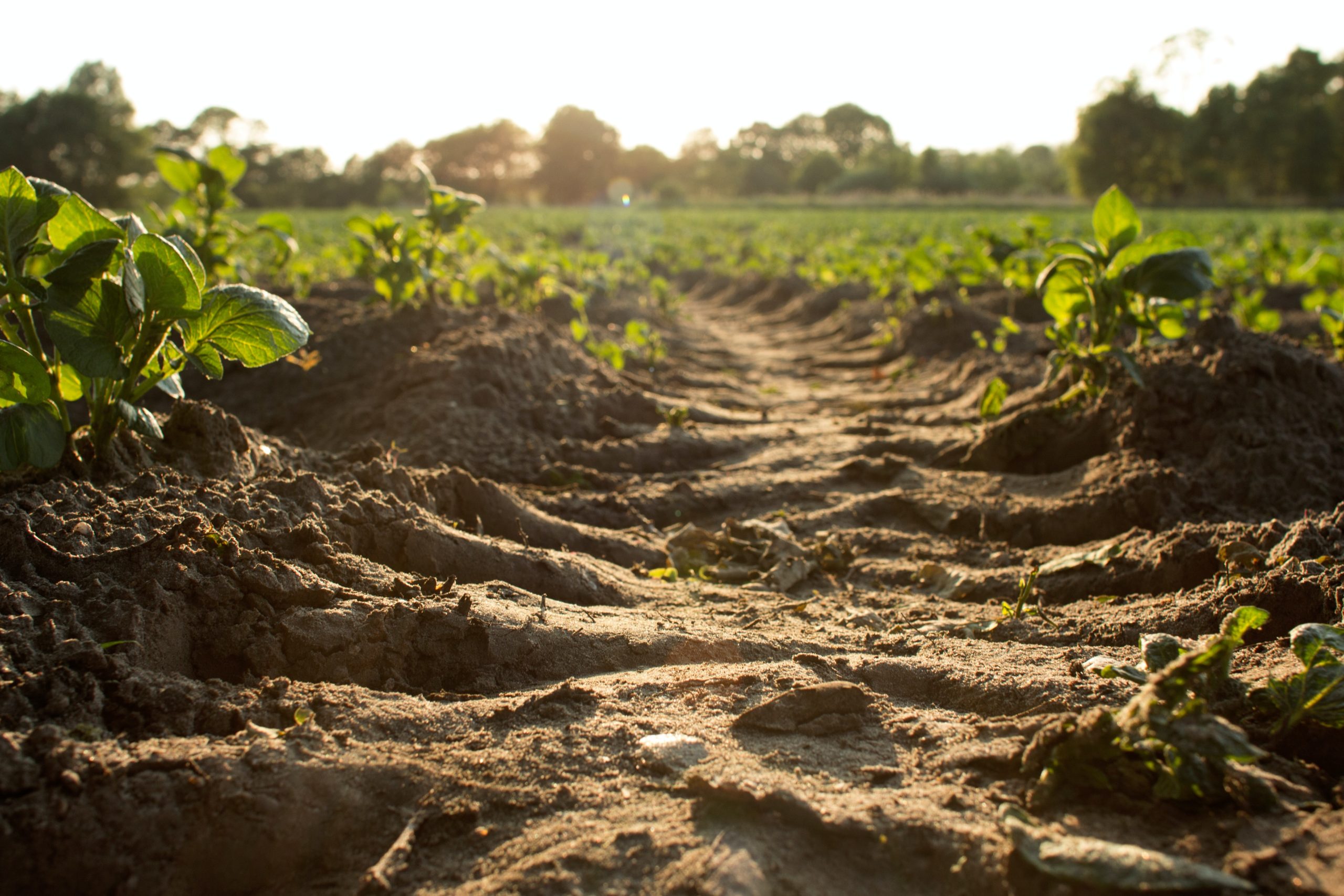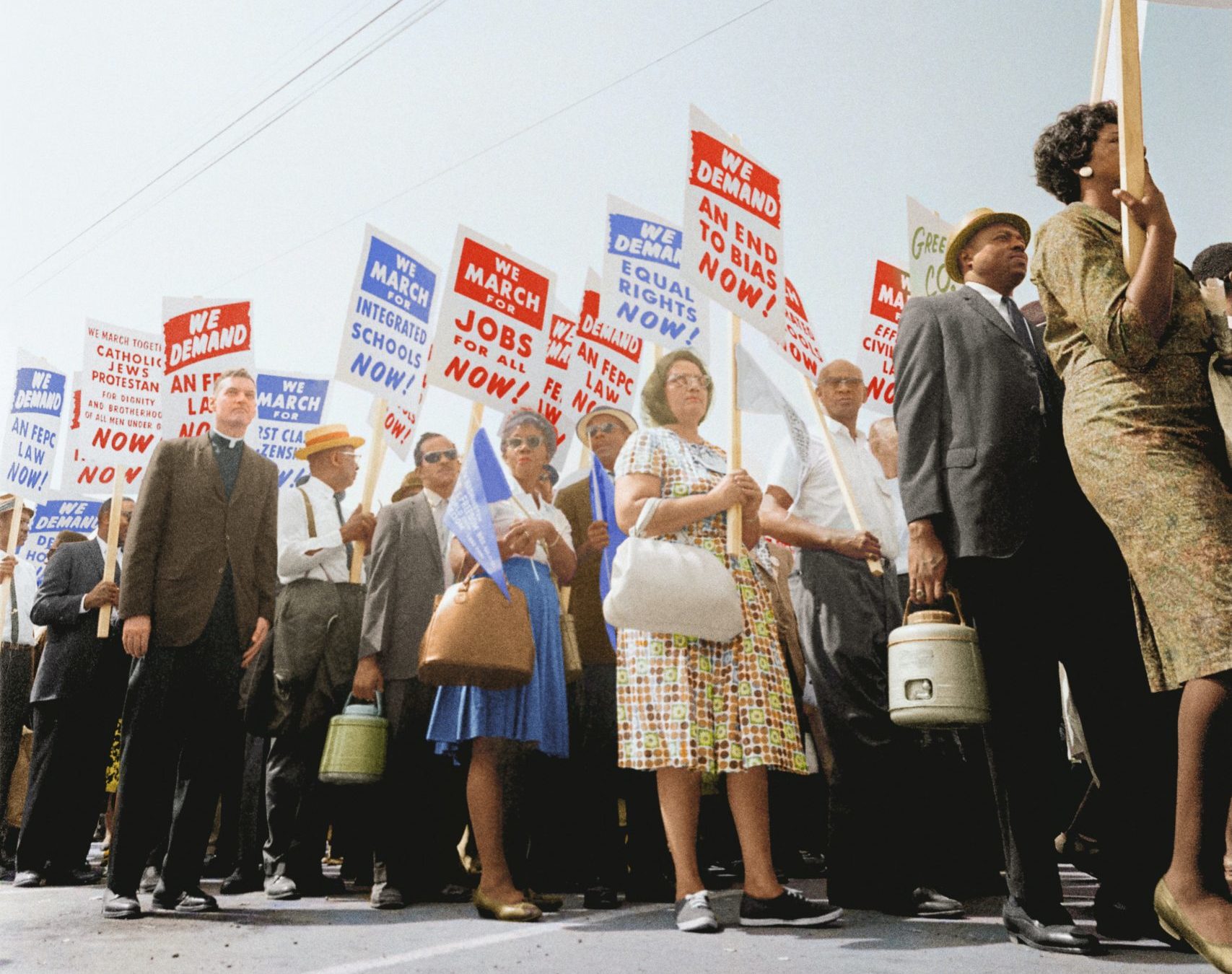Dear friends,
Eleven months into this year-long project, and we at Breaking Ground are preparing to transition. It has been a tremendous honor to accompany you week by week through the wild ride of a historic year. As you know, I created this platform in June of 2020 to invite some clear Christian thinking—and, crucially, tools for thinking and reimagining—that might provide some handholds for all those seeking to navigate a time of upheaval where fear and division were lurking. I especially wanted to test the readiness of today’s baptized brains to respond as agents of grace in the face of widespread suffering, to offer wisdom in a time of unhinged reactivity, and, perhaps most of all, to create in the headwinds of change.
My colleague Susannah Black and I each will be offering a longform reflection in the next few weeks on what we’ve seen and what we’ve learned—not just from the pages of Breaking Ground, but from the larger community of Christians operating in the thousands of modalities and places that any human diaspora does. It will be a mixed testimony, reflective of the speckled screenplay of fallen human beings and fallen institutions. But what we suspect even yet is that public hunger for moral vision, constructive arguments, and honest narratives will only grow as the ferocity of an existential crisis recedes and some oxygen returns for the togetherness we were designed for, for faith seeking understanding of what we’ve collectively just weathered, and what that picture portends for what we may now build.
In that hope, Breaking Ground is not going to disappear, but rather simplify into a living archive of the morally probing record we’ve built from June 2020 to June 2021. You should be able to find everything that was published here—essays, events, podcast episodes, short films, sermons—on the same site, organized by theme as well as our animating three questions:
1. Seeing clearly and deeply: What has been revealed in this crisis? About society? About the state of our own hearts?
2. Learning from the past: How have plagues historically provided opportunities for new beginnings, new building, a renewal of institutions?
3. Imagining the future: What institutions need renewing, and how might that happen? What might be born anew in this crisis, and how do we help in the building?
The remarkable network of institutions that has blossomed around Breaking Ground will also continue to meet together for learning, encouragement, and the plotting and planning of future public projects. These are faith-based institutions representing different theological traditions and civil spheres, each one rooted in the ancient creeds and each one committed, in marvelously different but complementary ways, to respecting the realities of pluralism and serving the common good. We are dreaming about what it might look like to build a more coherent and dynamic field of Christian humanism for the twenty-first century. We are asking what it requires for our institutions to create and cooperate as more than the sum of our parts.
All this will require wisdom, inventiveness, and a spirit of goodwill. To use an old-fashioned word, it will require virtue. And our delicious challenge of inviting significant institutions and their missions to come together to face outward and in hope is little different than the daunting challenge our society faces in the unknowns and unevenness of exiting COVID. Brad Littlejohn, president of one of our founding partner institutions, The Davenant Institute, writes an eminently balanced essay on just this, applying four classical virtues—justice, prudence, temperance, and fortitude—to help guide us from the “simple black-and-white morality of law” to “to the many-shaded morality of virtue, to the qualities of character that attune us to the kaleidoscopic reality around us, and the manifold moral risks and moral duties that confront us.”
Gird up your loins with us. Tomorrow dawns.






